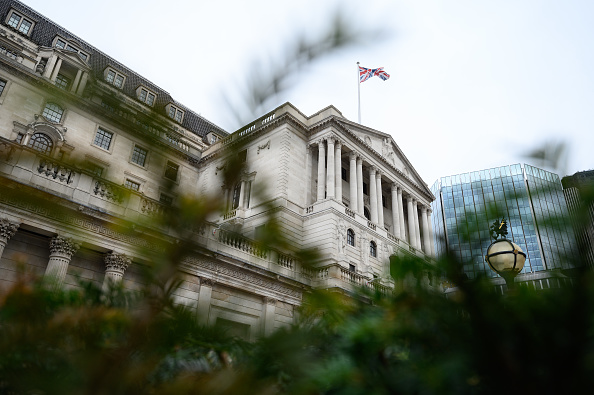Decade-high inflation print dials up pressure on Bank of England to hike rates

Pressure on the Bank of England to hike rates is dialling up amid swelling energy bills causing inflation to skyrocket to its highest level in over a decade.
The cost of living climbed to 5.1 per cent last month, according to data released by the Office for National Statistics (ONS) today, smashing analysts’ expectations and scaling higher than October’s 4.2 per cent reading, which was already the highest in nearly 10 years.
Extending a trend seen throughout most of the pandemic, the Bank undershot its forecast for inflation again. Threadneedle Street had expected it to come in at 4.5 per cent in November.
Persistently getting inflation forecasts wrong has led to the Bank being “behind the curve” on getting a hold of the cost of living, former rate setter Andrew Sentance said.
Central bankers have bet on the recent string of historically high inflation readings being “transitory”. However, Sentance warned the Bank is playing with fire if it maintains stimulative monetary policy, highlighting that “not all of [inflation] is temporary”.
The Bank is preparing to announce its next move on interest rates and QE tomorrow.
Economists had expected it to lift rates for the first time in three years from a record low 0.1 per cent. However, uncertainty over the potential blow Omicron could deal the UK economy is likely to cause the Bank to leave rates unchanged.
Soaring energy household costs triggered by a global energy crunch, compounded by a scarcity of semiconductor chips squeezing new car supply and boosting prices for second-hand vehicles drove inflation to an over 10-year high.
Prices for essential goods fed into the red hot print. Rising petrol costs – which hit a fresh record high yesterday – fuelled the November inflation clip. Food prices jumped 2.5 per cent over the last year.
Wages climbed 4.9 per cent, meaning households’ standard of living is being shot by the nasty bout of inflation stinging the UK economy.
Experts expect inflation to rise even further, driven by businesses being forced to pass on soaring input costs, which are rising over 14 per cent, to protect margins and another hike in the energy price cap.
“With factory gate inflation still rising, inflationary pressures will continue to build in early 2022,” said Jack Leslie, senior economist at the Resolution Foundation.
Samuel Tombs, chief UK economist at Pantheon Macroeconomics, reckons the energy regulator, Ofgem, will raise the cap by “about 40 per cent in April,” causing inflation to hit six per cent.
The old measure of inflation, the retail price index, hit 7.1 per cent, the highest since 1991.
Chancellor Rishi Sunak said: “We know how challenging rising inflation can be for families and households which is why we’re spending £4.2bn to support living standards and provide targeted measures for the most vulnerable over the winter months.”